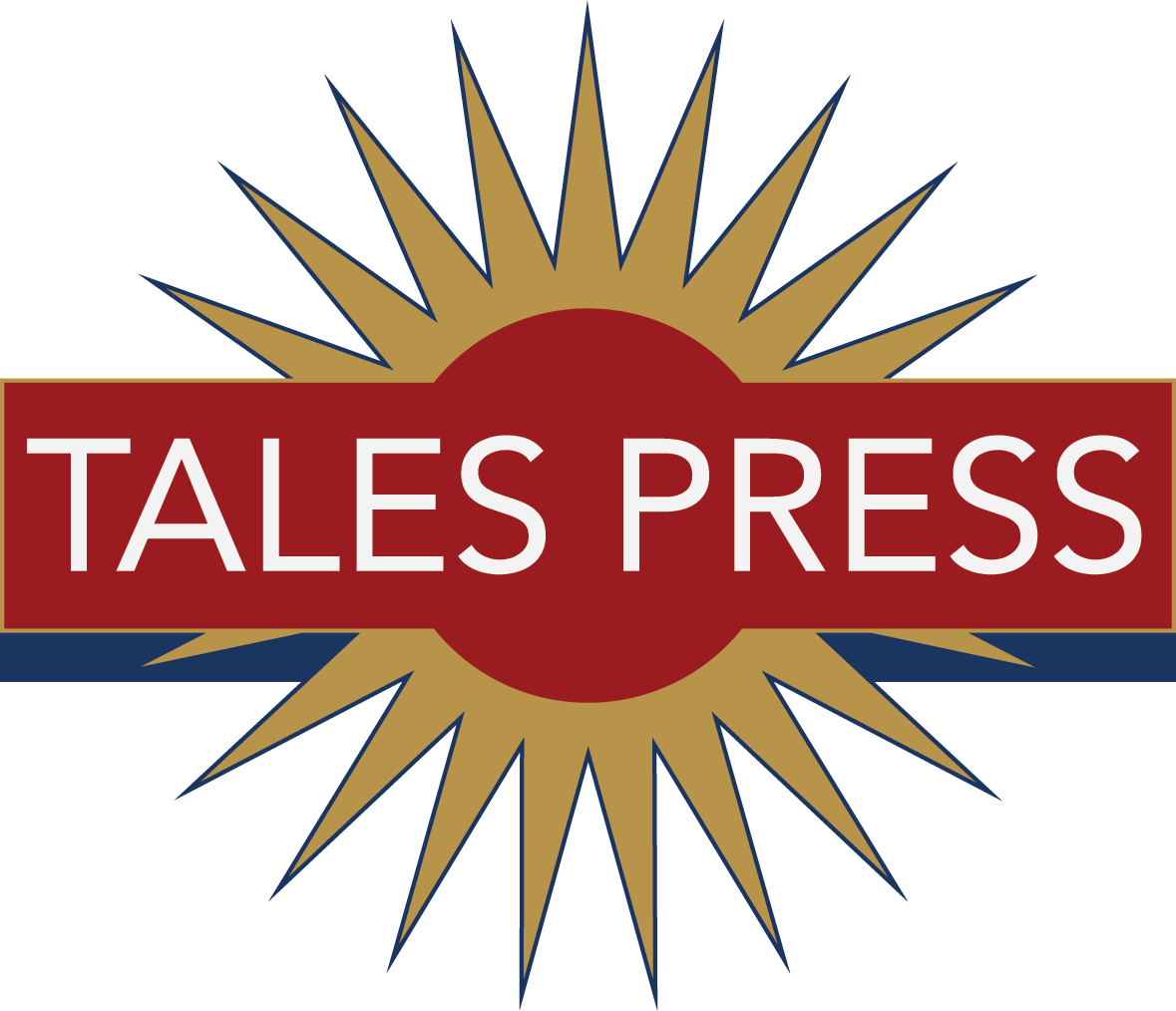I like to think every day is Veterans Day
Observed annually on Nov. 11 to honor military veterans who have served in the United States Armed Forces, Veterans Day was originally called Armistice Day, signifying the end of World War I, and was established “to remind nations to seek peaceful relations between one another in hopes that we will never again be divided.”
Well, so much for that. Great idea, but wars have raged around the world most of the years since the end of the “Great War,” as it was referred to at the time more than 100 years ago. The United States has since fought in and supported many of them.
So, I like to think every day is Veterans Day, and every day is Memorial Day, too, in honor and in memory of the millions of American men and women—and many immigrants as a way to gain their citizenship—who have served in the military since the American Revolution, many of whom have suffered wounds, both physical and mental, during their service, or have given their lives for the freedom we enjoy and the democracy with which we are supposed to be governed.
When I think of veterans who have served throughout our history, I recall the concluding words to “From Here to Eternity” author James Jones’ “chronicle of soldiering,” entitled “WWII,” about that war, its battles, victories and defeats, complete with combat art, newspaper articles and headlines: “So slowly it faded, leaving behind it a whole generation of men [and women] who would walk into history looking backwards, with their backs to the sun, peering forever over their shoulders behind them, at their own lengthening shadows trailing across the earth. None of them would ever really get over it.”
Nor do they get over it the same way. Many veterans come home to continue serving the country throughout society. That they didn’t “ever really get over it” is not always obvious or apparent. It’s an integral part of them, though. You’ll find them leading and working in every profession or occupation. Unfortunately, not all veterans are able to get along so well.
The national suicide rate for veterans and active-duty military personnel is reported to be 18-20 a day. One of my cousins landed on Normandy on June 6, 1944, fought on through to the Battle of the Bulge and ended up in Czechoslovakia on May 8, 1945, at the end of the war. He certainly never got over it. He once told me that he wouldn’t take a million dollars for the experiences he had, nor would he take a million dollars to live them again. Years later when he was on disability, he took his own life—on June 6, D-Day on Normandy. The local newspaper headline was “Annapolis man takes own life” with no mention of his service or the obvious significance of the date he chose to die.
And there can be nightmares, alcoholism, drug addiction, divorces and other ailments for many veterans that have a direct connection to their military service and are treated at various veterans’ agencies around the country. Besides my cousin, another vivid memory of the effects of war is of one Marine, a corporal when I met him, a private when I saw him serving time in the brig where I worked in the Philippines.
He was always quiet and never talked much, but I knew one of the islands he’d landed on in World War II was for the bloody battle of Tarawa. By the Korean War, he was a gunnery sergeant, but his condition, which would have been called PTSD today, and alcoholism took its toll. The last time I saw him back in the States, he was in an alcohol-numbed, 1,000-yard stare as he slowly walked along, oblivious to everything around him.
I think of him often, wondering what had happened to him.
Throughout the year, I hear people thank a veteran for his/her service. It’s a nice gesture, particularly when you don’t know what else to do. Some veterans like it; some don’t. A Vietnam veteran acquaintance always said, “Don’t thank me. Do your own service.”
Some may think that’s a bit harsh, and maybe it is. But sometimes the “thanks for your service” sounds a bit hollow, sort of like our over-used “thoughts and prayers” mantra. Other than the ceremonies, services, store sales and other activities to honor veterans on this day, it’s not always easy to do something to honor veterans. Oh, you obviously can thank them for their service, you can pay for a meal in a restaurant as is often done, and you can do a hundred other things to show them appreciation. You might even show respect for the flag, respect for one another, and respect for truth and integrity.
Despite the lack of a draft, thousands of men and women have continued serving in the military by choice to keep us free and safe. That’s 0.4 percent of our current population serving in the military at any one time. Remembering and honoring them, and all the veterans who went before them who have served this country on our behalf, is what Veterans Day is all about. It’s the right thing to do for those who have been willing to put themselves in harm’s way, if necessary, to defend our country and our freedom.

